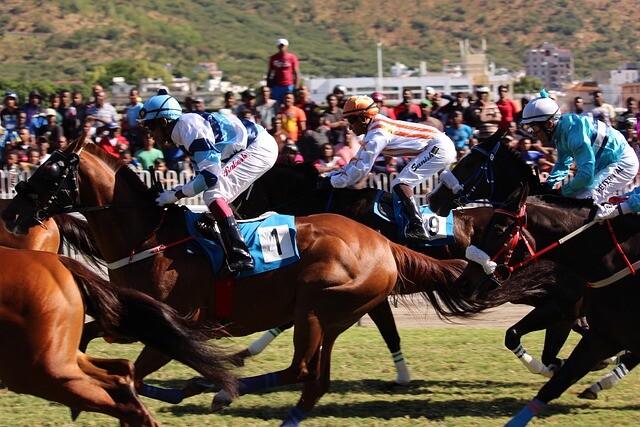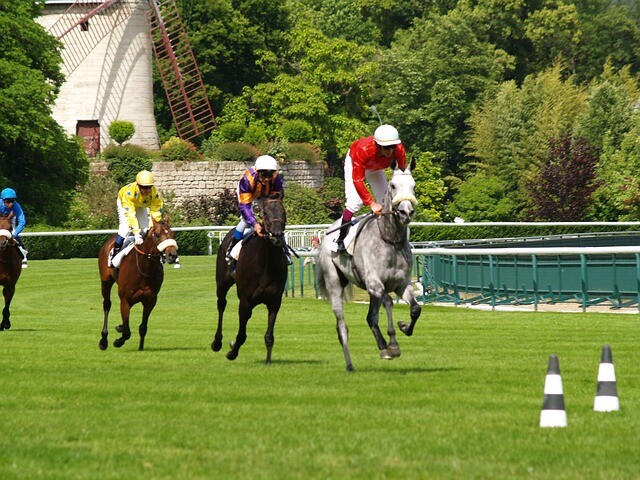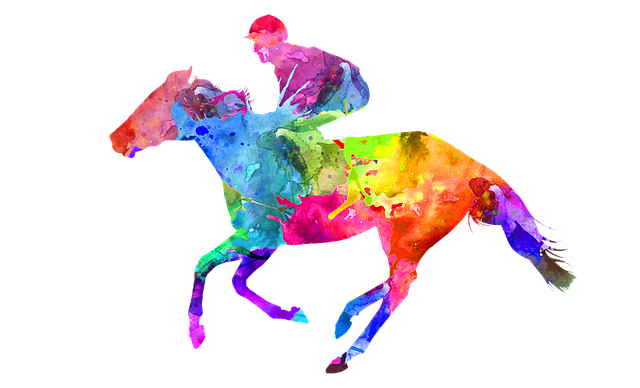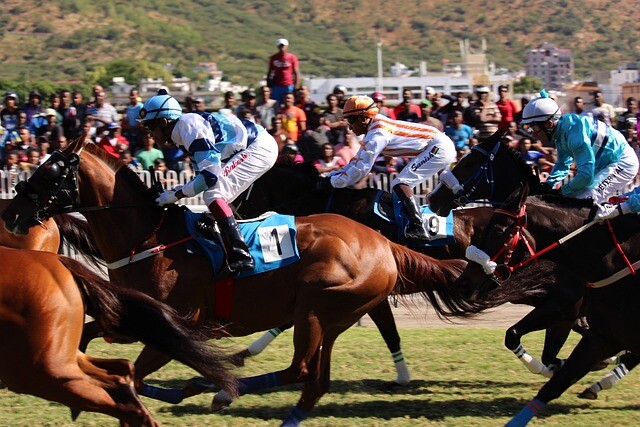 The short answer is yes, they do. Jockeys must maintain exemplary levels of strength and fitness while, at the same time, adhering to a strict dietary regime, which, in many cases, causes them to exist below their natural body weight. Nevertheless, for all the discipline involved, the fact remains that all jockeys ride many more losers than winners, regardless of whether they happen to be one of your acca tips or picks. If they were to rely on a percentage of prize money alone, their earnings would be, at best, wildly haphazard.
The short answer is yes, they do. Jockeys must maintain exemplary levels of strength and fitness while, at the same time, adhering to a strict dietary regime, which, in many cases, causes them to exist below their natural body weight. Nevertheless, for all the discipline involved, the fact remains that all jockeys ride many more losers than winners, regardless of whether they happen to be one of your acca tips or picks. If they were to rely on a percentage of prize money alone, their earnings would be, at best, wildly haphazard.
For example, Oisin Murphy, who was crowned champion jockey for the fourth time in six years in October 2024, won his title with a total of 163 winners from 754 rides, at a strike rate of 22%. Of course, Murphy is one of the fortunate few who are paid a handsome ‘retainer’ to ride for an individual trainer or owner on account of his impressive results, in his case Qatar Racing, which is owned by Sheikh Hamad bin Abdullah al Thani. The vast majority of his weighing-room colleagues have no such luxury and, aside from prize money, are paid on a ‘piecework’ basis, at a fixed rate for each ride they take.
At the time of writing, all Flat jockeys receive £162.79 per ride, regardless of their status, while their National Hunt counterparts receive £221.28, in both cases subject to deductions for agent fees, union fees, inusrance and the like. Flat jockeys also receive approximately 7% of winning prize money, National Hunt jockeys receive approximately 9%, and both types of jockey approximately 4% of place prize money.
 Most jockeys are self-employed and, as such, rely on riding fees and a percentage of any prize-money won by their mounts for their income. Riding fees and prize-money are a matter of public record, but details of contracts, or ‘retainers’, to ride for individual owners or trainers are not. Thus, the exact earnings of some of the leading jockeys in the world remain a closely guarded secret.
Most jockeys are self-employed and, as such, rely on riding fees and a percentage of any prize-money won by their mounts for their income. Riding fees and prize-money are a matter of public record, but details of contracts, or ‘retainers’, to ride for individual owners or trainers are not. Thus, the exact earnings of some of the leading jockeys in the world remain a closely guarded secret. Obviously, the maximum and minimum weights carried by racehorses varies from one racing jurisdiction to another and also depends, in part, on the discipline in which horses compete. In Britain, horse racing is divided into National Hunt racing, in which horses jump obstacles, and Flat racing, in which horses have no obstacles to negotiate. In National Hunt racing, horses carry a maximum weight of 12st and a minimum weight of 10st 2lb, subject to any weight allowances for inexperienced jockeys, and on the Flat they carry a maximum weight of 10st 2lb and a minimum weight of 8st 2lb, again subject to allowances.
Obviously, the maximum and minimum weights carried by racehorses varies from one racing jurisdiction to another and also depends, in part, on the discipline in which horses compete. In Britain, horse racing is divided into National Hunt racing, in which horses jump obstacles, and Flat racing, in which horses have no obstacles to negotiate. In National Hunt racing, horses carry a maximum weight of 12st and a minimum weight of 10st 2lb, subject to any weight allowances for inexperienced jockeys, and on the Flat they carry a maximum weight of 10st 2lb and a minimum weight of 8st 2lb, again subject to allowances.
 Yes, you do. Amateur jockeys must hold, at least, a Category ‘A’ Amateur Licence issued by the British Horseracing Authority (BHA). Before applying for such a licence, applicants must successfully complete a two-day assessment course run by the British Racing School in Newmarket or the National Horseracing College in Doncaster. They must then submit an application to the BHA
Yes, you do. Amateur jockeys must hold, at least, a Category ‘A’ Amateur Licence issued by the British Horseracing Authority (BHA). Before applying for such a licence, applicants must successfully complete a two-day assessment course run by the British Racing School in Newmarket or the National Horseracing College in Doncaster. They must then submit an application to the BHA